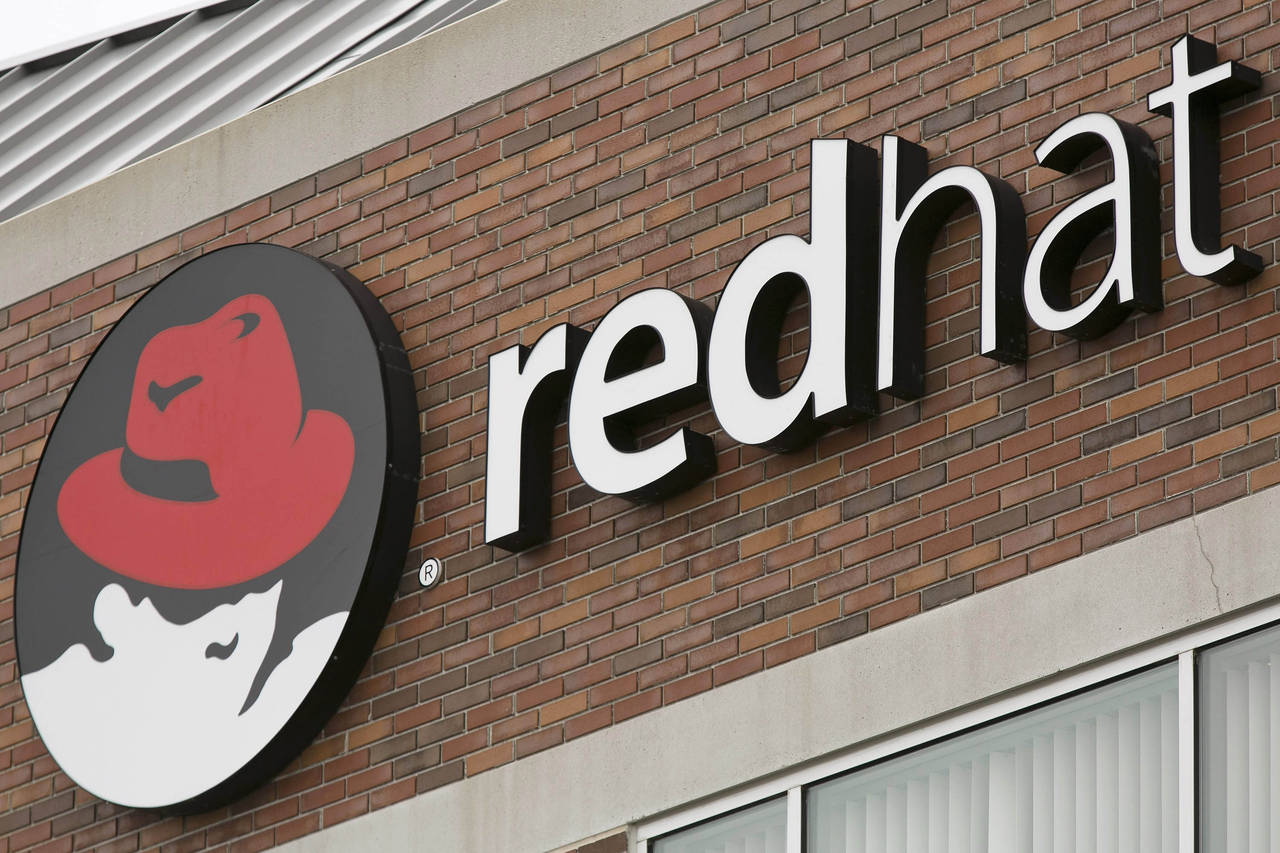Have You Heard? Red Hat Changes Certification Program on October 1
- By
- September 26, 2014
 Are you a Red Hat certification holder, or plan to become one? Then don’t miss the news below as Red Hat is about to roll out a number of changes to its certification program effective October 1.
Are you a Red Hat certification holder, or plan to become one? Then don’t miss the news below as Red Hat is about to roll out a number of changes to its certification program effective October 1.
The changes cover 3 main aspects: 2 Red Hat credentials are being discontinued; from now on Red Hat Certificates of Expertise will be designated as current and non-current; there will also be more options for earning the RHCA credential. Keep reading to know more.
What is This All About?
Red Hat has decided to seriously revamp its certification program this year. Basically, the company reduces the number of certification titles, making it easier for employers to understand the qualifications and titles they see on the candidate profiles. Needless to say, this is also a good change for certification candidates, since it will be easier for them to come up with their certification strategy and build their career in the long run.
2 Red Hat certifications, Red Hat Certified Security Specialist (RHCSS) and Red Hat Certified Datacenter Specialist (RHCDS) are being phased out. All RHCSS-related exams have already been discontinued. Instead, Red Hat is expanding more widely-known Red Hat Certified Architect (RHCA) program and introduces new ways to earn this title.
RH Enterprise Linux 5 Bygone
60 days after the release of Red Hat Enterprise Linux 7, all RHCE certifications on Red Hat Enterprise Linux 5 will become non-current, and as a result, they will no longer meet existing RHCSS or RHCDS program requirements. Candidates who have earned RHCSS or RHCDS won’t be able to recertify those credentials. As an alternative, they are welcome to apply their certificates of expertise towards RHCA if they recertify under Red Hat Enterprise Linux 6 or 7.
Holders of the RHCE credential on Red Hat Enterprise Linux 6 who have also earned RHCSS or RHCDS will continue to hold these credentials until 3 years after the date the last required Red Hat Certificate of Expertise was earned. It will not be possible to recertify as RHCSS or RHCDS, but the relevant Certificates of Expertise can be applied towards RHCA.
RHCEs earned on Red Hat Enterprise Linux 7 and later will not be eligible to earn RHCSS or RHCDS.
RED HAT CERTIFICATES OF EXPERTISE
Starting October 1, Red Hat begins designating Certificates of Expertise as current and non-current. As a result, Red Hat Certificates of Expertise earned on or after October 1, 2014 will be considered current for three (3) years from the date they are earned.
Meanwhile, Red Hat Certificates of Expertise earned before October 1, 2014 will be considered current until October 1, 2017, giving the professionals plenty of time to decide on their future certification options.
Stay tuned for our next post which will include the overview of the new paths to become Red Hat Certified Architect (RHCA).
- Category: red hat
- Tags: certification, exam, exam updates, exams, it certification, it certification exam, it certification exams, it certifications, red hat, red hat certificates of expertise, red hat certified architect rhca, red hat certified datacenter specialist rhcds, red hat certified security specialist rhcss, updates
Interesting posts
The Growing Demand for IT Certifications in the Fintech Industry
The fintech industry is experiencing an unprecedented boom, driven by the relentless pace of technological innovation and the increasing integration of financial services with digital platforms. As the lines between finance and technology blur, the need for highly skilled professionals who can navigate both worlds is greater than ever. One of the most effective ways… Read More »
CompTIA Security+ vs. CEH: Entry-Level Cybersecurity Certifications Compared
In today’s digital world, cybersecurity is no longer just a technical concern; it’s a critical business priority. With cyber threats evolving rapidly, organizations of all sizes are seeking skilled professionals to protect their digital assets. For those looking to break into the cybersecurity field, earning a certification is a great way to validate your skills… Read More »
The Evolving Role of ITIL: What’s New in ITIL 4 Managing Professional Transition Exam?
If you’ve been in the IT service management (ITSM) world for a while, you’ve probably heard of ITIL – the framework that’s been guiding IT professionals in delivering high-quality services for decades. The Information Technology Infrastructure Library (ITIL) has evolved significantly over the years, and its latest iteration, ITIL 4, marks a substantial shift in… Read More »
SASE and Zero Trust: How New Security Architectures are Shaping Cisco’s CyberOps Certification
As cybersecurity threats become increasingly sophisticated and pervasive, traditional security models are proving inadequate for today’s complex digital environments. To address these challenges, modern security frameworks such as SASE (Secure Access Service Edge) and Zero Trust are revolutionizing how organizations protect their networks and data. Recognizing the shift towards these advanced security architectures, Cisco has… Read More »
CompTIA’s CASP+ (CAS-004) Gets Tougher: What’s New in Advanced Security Practitioner Certification?
The cybersecurity landscape is constantly evolving, and with it, the certifications that validate the expertise of security professionals must adapt to address new challenges and technologies. CompTIA’s CASP+ (CompTIA Advanced Security Practitioner) certification has long been a hallmark of advanced knowledge in cybersecurity, distinguishing those who are capable of designing, implementing, and managing enterprise-level security… Read More »
Azure DevOps Engineer Expert Certification: What’s Changed in the New AZ-400 Exam Blueprint?
The cloud landscape is evolving at a breakneck pace, and with it, the certifications that validate an IT professional’s skills. One such certification is the Microsoft Certified: DevOps Engineer Expert, which is validated through the AZ-400 exam. This exam has undergone significant changes to reflect the latest trends, tools, and methodologies in the DevOps world.… Read More »


